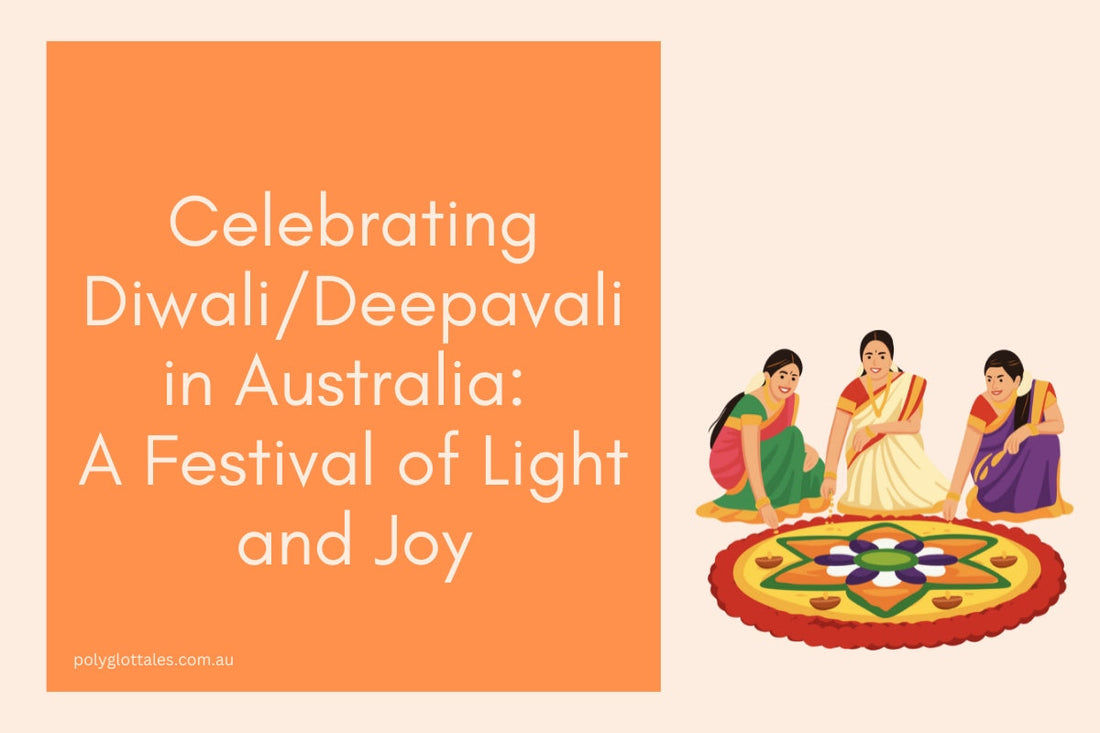Diwali, also called Deepavali, is one of the most widely celebrated festivals in India and among Indian communities around the world. Its name comes from the Sanskrit words “Deepa” (light) and “Avali” (row), literally meaning “row of lights.” 🌟 The festival symbolizes the triumph of good over evil, light over darkness, and knowledge over ignorance, and is traditionally linked to the return of Lord Rama to Ayodhya after defeating the demon king Ravana.
Historical and Cultural Significance
Diwali has roots stretching back thousands of years. While it is most commonly associated with Hindu traditions, it is also celebrated by Sikhs, Jains, and some Buddhists, each giving it their unique cultural significance:
-
Hindus: Celebrate the return of Lord Rama and the victory of good over evil. Homes are decorated with lights and diyas, and families perform prayers (puja) to Goddess Lakshmi for prosperity.
-
Sikhs: Commemorate the release of Guru Hargobind Ji from prison.
-
Jains: Mark the attainment of nirvana by Lord Mahavira.
Traditionally, the festival spans five days, each with its own rituals: cleaning and decorating homes, shopping for new clothes, preparing sweets, and exchanging gifts. Fireworks and lamps are used to ward off darkness and evil spirits, symbolically welcoming light and positivity into homes.
Diwali Across India
Although Diwali is celebrated nationwide, regional traditions differ:
-
North India: Families focus on Lakshmi Puja, lighting diyas, and preparing sweets like ladoos and barfi.
-
South India: Diwali often includes oil baths, special prayers, and family feasts, with local sweets like Mysore Pak.
-
West India (Gujarat): Business communities celebrate by closing old accounts and starting new ones in a ritual called Chopda Pujan.
-
East India (Bengal, Odisha): The focus is on Kali Puja, honoring Goddess Kali with lamps and offerings.
Diwali Around the World
The Indian diaspora has carried the festival far and wide:
-
Nepal: Known as Tihar, celebrating animals, ancestors, and siblings.
-
Malaysia & Singapore: Called Hari Deepavali, with public decorations, cultural shows, and feasts.
-
Caribbean (Trinidad, Guyana, Suriname), Fiji, Mauritius: Communities continue Indian traditions, often adapting them with local customs.
-
Australia: Indian communities across cities like Sydney, Melbourne, and Brisbane celebrate with community events, temple visits, and cultural festivals.
Celebrating Diwali in Australian Homes
Even far from India, families in Australia can bring the joy of Diwali into their homes. Here are some practical ideas:
-
Decorate with lights and rangoli: Create colorful patterns with chalk, colored rice, or paper cut-outs. Kids love getting hands-on!
-
Cook traditional sweets and meals: Simple recipes for ladoos, barfi, or murukku can be a fun way for children to explore cooking and Indian flavors.
-
Attend community events: Many Indian associations and cultural centers host Diwali fairs, performances, and food stalls, great for children to experience the festival in a social setting.
-
Storytelling and cultural learning: Reading Hindi children’s books or Indian folktales introduces children to the language, heritage, and morals of the stories, helping them feel connected to the festival’s roots.
Bringing Diwali Home Through Stories
At Polyglot Tales, your children’s language books store in Australia, we celebrate the joy of storytelling across cultures. While we don’t currently have a Diwali-specific title, exploring our Hindi collection is a wonderful way for children to connect with Indian culture and language year-round. For the month of October, enjoy 10% off our Hindi collection with code PGHindi at checkout. 📚🪔
Diwali is more than a festival of lights—it’s a celebration of family, heritage, and learning. By participating in rituals, cooking together, decorating, and sharing stories, families in Australia can create meaningful connections to Indian culture, helping children understand the values of light, kindness, and togetherness that Diwali represents.

